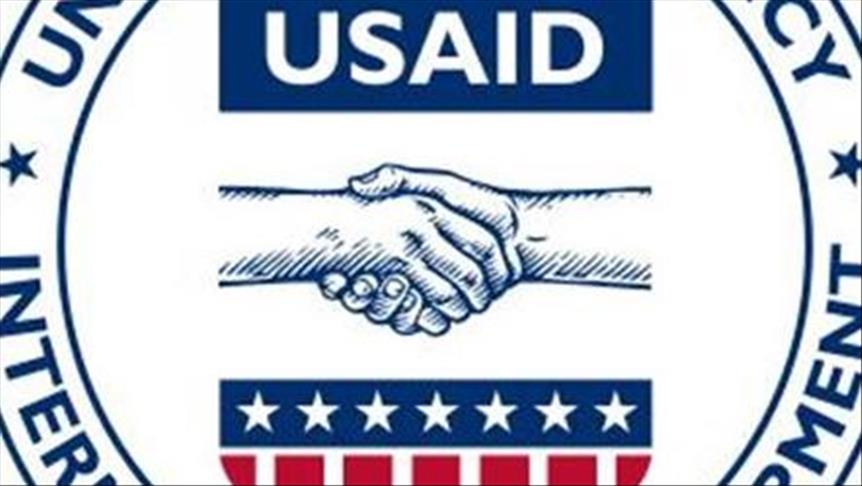USAID has announced new activities worth $28 million to advance regional energy markets in South Asia with the aim of strengthening energy security and expanding access to energy across the Indo-Pacific region.
Javier Piedra, US Agency for International Development (USAID) Acting Assistant Administrator for Asia, made the announcement at the Indo-Pacific Business Forum hosted virtually, the US embassy in Bangladesh said late Wednesday in a statement.
"The private sector is central to these challenges, which include limited access to private capital, minimal private-sector engagement across the energy supply-chain and few transparent and open energy markets.
The US government’s activities will improve access to affordable, secure, reliable and sustainable energy through the advancement of expanded, transparent and efficient regional energy markets," it added.
It said the new activities included the South Asia Group for Energy (SAGE), South Asia Regional Energy Hub (SAREH) and South Asia Regional Energy Partnership (SAREP).
SAGE is a consortium comprising USAID, the US Department of Energy (DOE) and three of the DOE’s national laboratories: Lawrence Berkeley National Laboratory, National Renewable Energy Laboratory and the Pacific Northwest National Laboratory.
The consortium will work with energy leaders in South Asia to foster technical exchanges and analysis to keep their countries on the cutting edge of advanced energy technologies, it said.
USAID's funding to develop a competitive regional power market in South Asia has led to transformative policy changes that have increased the trade in power in the region by 3,500 megawatts, which is equivalent to the electricity used by 2.3 million households.
At the same event, USAID Deputy Administrator Bonnie Glick announced a new Memorandum of Understanding (MoU) with a consortium of US retail, apparel and footwear companies and industry associations to pursue much-needed relief to the predominantly female workers in their supply-chains in Bangladesh, Cambodia, Sri Lanka and Vietnam.
"The apparel, footwear and fashion-accessories (AFFA) sector in Asia has been among the most-affected industries, challenged by constraints on supply and demand that arose from stay-at-home orders, temporary closures of businesses, stoppages in production, backlogs in shipment and cargo delays," it said.
Reporting by SM Najmus Sakib in Dhaka, Bangladesh
Anadolu Agency
energy@aa.com.tr


